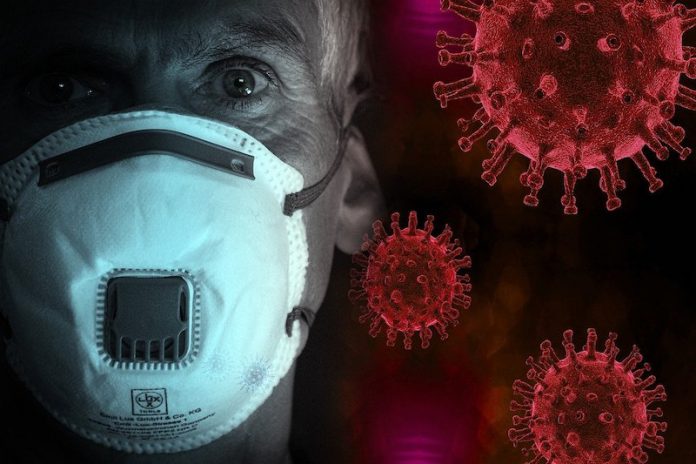
In a new study, researchers found that a type of virus that preys on bacteria could be harnessed to combat bacterial infections in patients whose immune systems have been weakened by the COVID-19 virus.
Called bacteriophages, these viruses are harmless to humans and can be used to target and eliminate specific bacteria.
They are of interest to scientists as a potential alternative to antibiotic treatments.
The research was conducted by a team at the University of Birmingham and the Cancer Registry of Norway.
In a new review, the team suggested two strategies, where bacteriophages could be used to treat bacterial infections in some patients with COVID-19.
In the first approach, bacteriophages would be used to target secondary bacterial infections in patients’ respiratory systems.
These secondary infections are a possible cause of the high mortality rate, particularly among elderly patients.
The aim is to use the bacteriophages to reduce the number of bacteria and limit their spread, giving the patients’ immune systems more time to produce antibodies against SARS-CoV-2.
By introducing bacteriophages, it may be possible to buy precious time for the patients’ immune systems and it also offers a different or complementary strategy to the standard antibiotic therapies.
This is not only a different strategy to the standard antibiotic therapies but, more importantly, it is exciting news relating to the problem of bacterial resistance itself.
In the second treatment strategy, the researcher suggests that synthetically altered bacteriophages could be used to manufacture antibodies against the SARS-CoV-2 virus which could then be administered to patients via a nasal or oral spray.
These bacteriophage-generated antibodies could be produced rapidly and inexpensively using existing technology.
If this strategy works, it will hopefully buy time to enable a patient to produce their own specific antibodies against the SARS-CoV-2 virus and thus reduce the damage caused by an excessive immunological reaction.
The team is calling for clinical trials to test these two approaches.
By using beneficial viruses as an indirect weapon against the SARS-CoV-2 virus and other pathogens, researchers can harness that power for a positive purpose and use it to save lives.
One author of the study is Dr. Marcin Wojewodzic, a Marie Skłodowska-Curie Research Fellow in the School of Biosciences at the University of Birmingham.
The study is published in Phage: Therapy, Applications and Research.
Copyright © 2020 Knowridge Science Report. All rights reserved.



